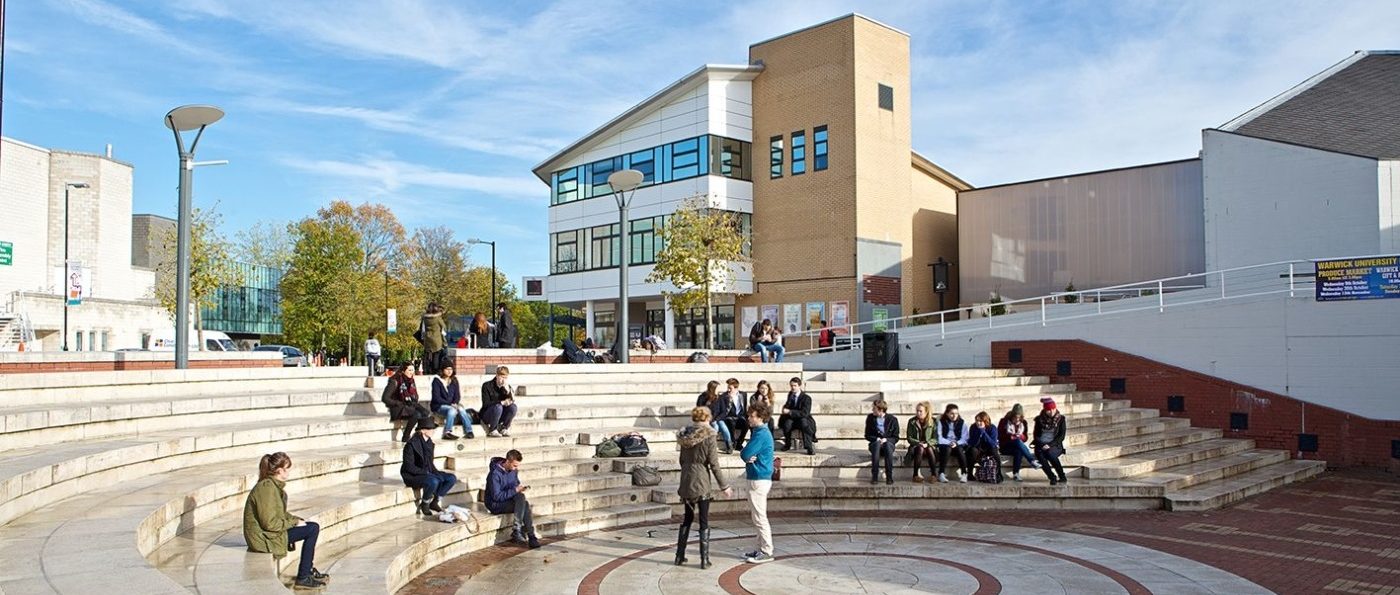Depictions of university in literature
Universities have seduced and enhanced writers of every generation. Perhaps the form most celebrated for representing universities in literature is the campus novel. Novels such as Donna Tartt’s The Secret History and Evelyn Waugh’s Brideshead Revisited depict university as a place where their protagonists encounter principles that challenge and define them.
These authors see university as an escape, a place where ideas can have a transformative effect, and different influences can give life a fresh direction. At the beginning of The Secret History, narrator Richard Papen remarks that it’s the “morbid longing for the picturesque at all costs”. This is the defining philosophy of his life, stemming from his desire to escape his Californian upbringing, an escape provided by Hampden College in Vermont. Hampden, and the people that populate it, is heavily based off Tartt’s experiences as a Classics student at her alma mater, Bennington College.
Tartt’s evocative and stylised descriptions of the Vermont campus – which are as far as humanly possible from the plate glass environs of Warwick – of the “trees creaking with apples” and the “commons clock tower: ivied brick, white spire, spellbound in the hazy distance” create the highly romanticised lens in which we view the university. We are invited to share in Richard’s experience as part of an exclusive group of Classics students, under the tutelage of the charismatic professor of Ancient Greek, Julian Morrow.
He’s witty, provocative and continually challenging his students to explore new ideas
Morrow is everything a student would wish for in a professor. He’s witty, provocative, and continually challenging his students to explore new ideas. He comes up with tailor-made lines to beguile and inspire his pupils into delving deeper within their subject – for example, “I hope we’re all ready to leave the phenomenal world, and enter into the sublime?”
Tartt presents a vision of a very romantic academia, one founded on university being a place where students can safely explore ideas among like-minded individuals. While there is an element of truth to this, the sheer number of nine o’clock lectures I missed after nights out in the past year seems to suggest, no matter my love for beauty and intellectualism, university cannot wholly be about the devotion to knowledge.
We may also need to put an asterisk above ‘safely exploring new ideas’ in the novel. Richards fellow classmates are so inspired by Julian’s teachings that they decide to perform a Bacchic ritual, murdering a farmer in the process. In the novel, this is inevitable, with nobody considering the consequences of their actions, posing the question that university may be ‘too’ safe when exploring these alluring ideas, as nobody questions them.
In Waugh’s Brideshead Revisited, the university experiences are integral in forming the first idea of yourself, shaping character. The novels retrospective narration suffuses the narrative with a nostalgic tone. The protagonist, Charles Ryder, reminisces about his experiences with the aristocratic Sebastian Flyte, and the crowd of aesthetes that he becomes involved with.
For both novelists, university is depicted as the first place where ideas can be explored
Much like Tartt’s novel, Ryder becomes fascinated by ideas of beauty, and how they can illuminate life. Ryder’s encounter with Sebastian, and the hedonistic ideas he is introduced to, move him irrevocably beyond the reach of his former friends, these “grey figures” who stay a “middle course of culture”.
From his time at university, Charles experiences the ideas that remain with him for the rest of his days. So much so that when reflecting on a conversation between himself and his older, more conventional cousin Jasper at Oxford, he wishes he could have told Jasper what he’d learned, “that to know and love one other human being is the root of all wisdom”. The lessons that Charles learned at university stayed with him, formed key aspects of his character, and this experience, of coming alive for the first time, lead him to reflect on “The languor of Youth” and its brevity, how it is “irrecoverably lost”.
For both novelists, university is depicted as the first place where ideas can be explored, and identity developed without outside interference. Whether these ideas should go unchecked isn’t answered. Universities are simply the breeding ground for integral ideas.

Comments